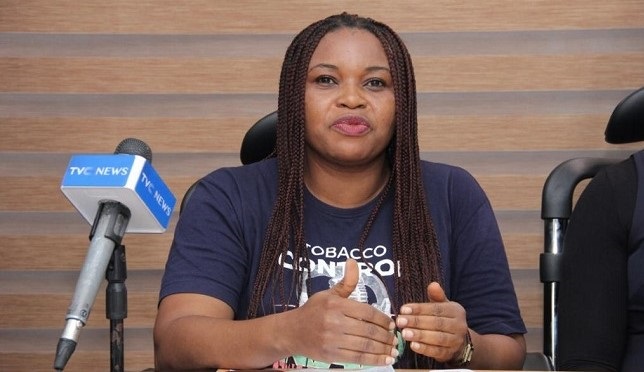The first television commercial was aired in 1941 and, since then, the screen still takes the lead as the most persuasive advertising platform. The reasons are obvious as it has more to do with visuals which are more appealing hence compelling to viewers. The Merriam Webster dictionary defines advertising as “the action of calling something to the attention of the public especially by paid announcements”.

Advertisements set out to achieve more than just to influence; they are aimed at getting the trust of the viewing audience, and this is achieved through various ways. First, products advertisements are brought right into the very comfort of the viewer’s home as many people who watch TV do it as a form of leisure. To enjoy that leisure, they focus and process what they see.
Also, screen adverts provide immediate gratification for viewing hence the viewer may be spurred to take on the spot decision to try out the product. TV adverts also enable companies sell their products to the target audience unhindered hence they can shape the narrative to their favour or however they deem fit. In all this, market share is the ultimate and ulterior motive.
The tobacco industry globally, understand this and explore it maximally. One of the effects of the COVID-19 global pandemic is the digital surge where any and everything has gone online. The tobacco industry has not lagged in this vein. In fact, it has hopped on this trend in the bid to market its lethal products more aggressively. Nigeria, with its teeming youth population has not escaped the sights of the tobacco industry, especially in their subtle promotion of smoking using the entertainment space.
These days, it is almost near difficult to watch a Nigerian movie or music video without subtle strategic tobacco products placements and of course the big one – onscreen smoking! These are deliberate advertising and promotion stunts by the industry that must be addressed forthrightly. Nigeria must learn from the United States where the Surgeon General’s review of the tobacco marketing literature in 1994, resolved that advertising and promotion activities impact key risk factors for tobacco use among adolescents.
Also, the World Health Organisation (WHO) report on the Global Tobacco Epidemic, 2013: Enforcing Bans on Tobacco Advertising, Promotion, and Sponsorships (TAPS), states that “One third of youth experimentation with tobacco occurs as a result of exposure to tobacco advertising, promotion and sponsorship”.
Studies have shown that TAPS increase the chances of children trying out tobacco products and introduction to regular use. It also increases tobacco users’ daily consumption of tobacco products, reduces current tobacco users’ motivation to quit and encourages former smokers to resume smoking.
Nigeria’s ratification of the WHO Framework Convention on Tobacco Control (WHO-FCTC) in 2005 and its domestication via the National Tobacco Control (NTC) Act 2015 and National Tobacco Control (NTC) Regulations 2019 should compel it to take proactive steps to check the industry. While Article 1 of the WHO FCTC provides an overly broad definition of tobacco advertising promotion and sponsorships, Article 13 describes what complete ban on TAPS entails.
Hence, the issue is not the non-existence of tobacco control regulations but poor enforcement and incomplete implementation and this is what the tobacco industry has been exploiting and will continue to do if the federal government does not man up and take the health of the youth seriously.
It is also high time that key regulatory agencies like the Advertising Practitioners of Nigeria (APCON), Nation Film and Video Censors Board (NFVCB) among others and key entertainment stakeholders come together and work collaboratively in ensuring that Nigerian movies and music videos are compliant with the WHO-FCTC and Nigeria’s NTC Act and its NTC Regulations.
Nigerian films with smoking scenes should have adult rating, strong anti-smoking adverts, total ban on tobacco products placement, and anti-smoking health warnings, among others. When all these are in place, the Nigerian government would have secured the lungs of our youths. The time to act is now!
By Oluchi Joy Robert (Corporate Accountability & Public Participation Africa – CAPPA)
